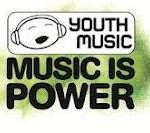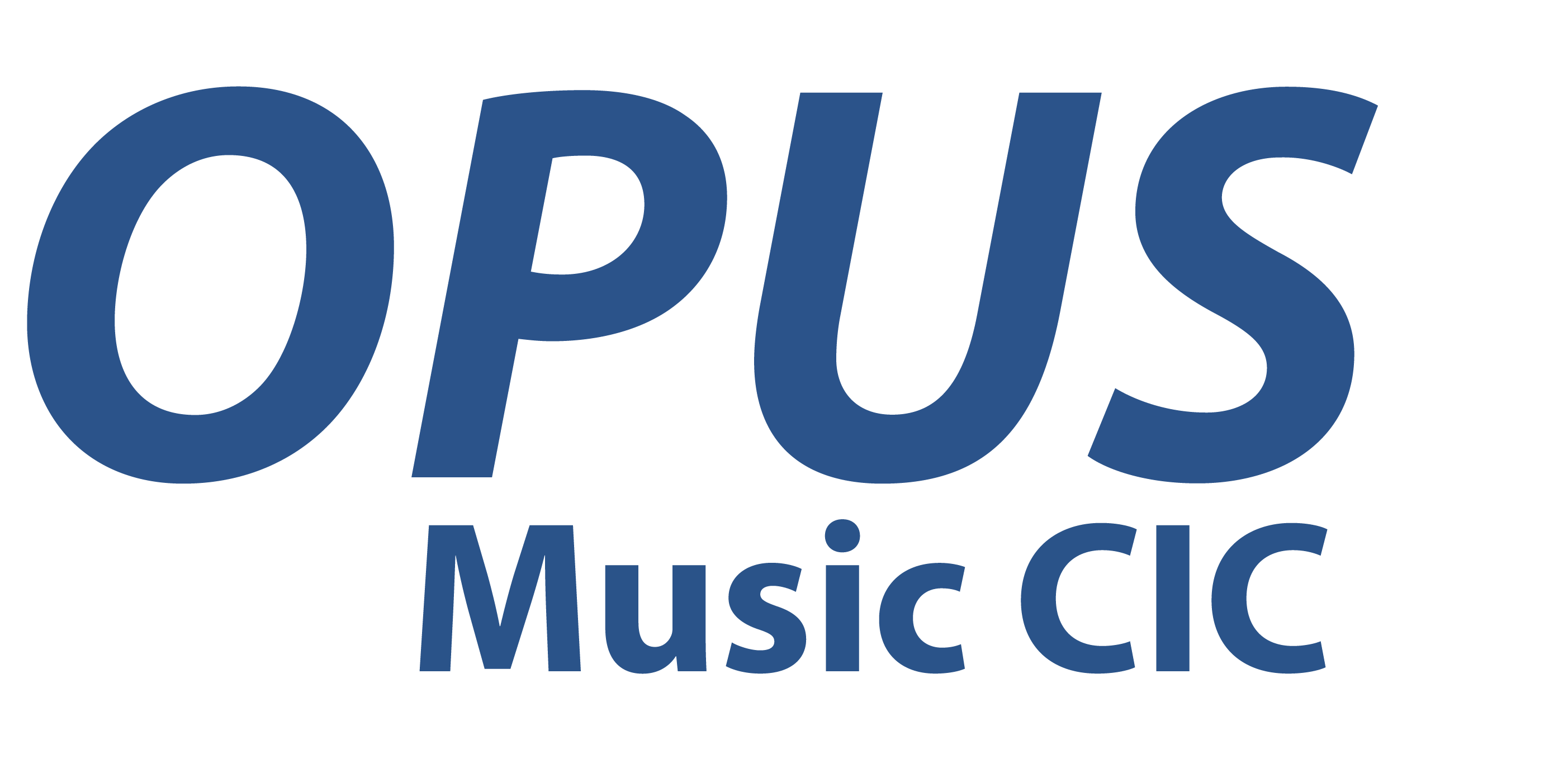Connections – first day at Leicester Royal Infirmary Children’s Hospital
Our 18 month residency at Leicester Royal Infirmary Children’s Hospital began on 11th September, and what a fabulous day it was! After having a tour of the wards and outpatients areas of this really busy hospital, we began our work on one of the wards accompanied by one of the play specialists. Some lovely interactions with children and babies, all of whom were finding the music engaging in ways which suited their individual situations. Play staff had been struggling to engage one particular patient in any activities, however he immediately found the music-making engaging and his mood brightened significantly. Music became a means of communication with him, and one which staff were then able to use.
During the afternoon session we were asked to attend a treatment room where a doctor had previously tried to take bloods from a young girl accompanied by her mother and play staff. Despite trying various distractions, the child had previously become too distressed and agitated for them to be able to take bloods, and it had taken a long time for the child to calm down after the attempt. We were asked to help. We were already playing music as the child and her mother entered the treatment room, the doctor and nurses all ready to take bloods. The girl sat on her mother’s knee, and though she was still a little agitated and upset by the procedure, it was completed quickly and succesfully this time around. As the child had become agitated, we reflected this in our music, recognising the child’s distress and being ‘with her’ through the music. As the procedure finished, we gradually calmed the music and she quickly calmed with us until we gradually resolved the music to a gentle rendition of Zamina (aka Waka Waka), a popular song across Africa. The girl’s mother knew the song, and joined in with us, singing gently to her daughter as her previously restraining arms transformed to ones for cuddling and comforting. We all left the room in a calm and peaceful state (if a little emotional at the beauty of what we had all just witnessed), and crucially with mother and daughter reconnected through music.






